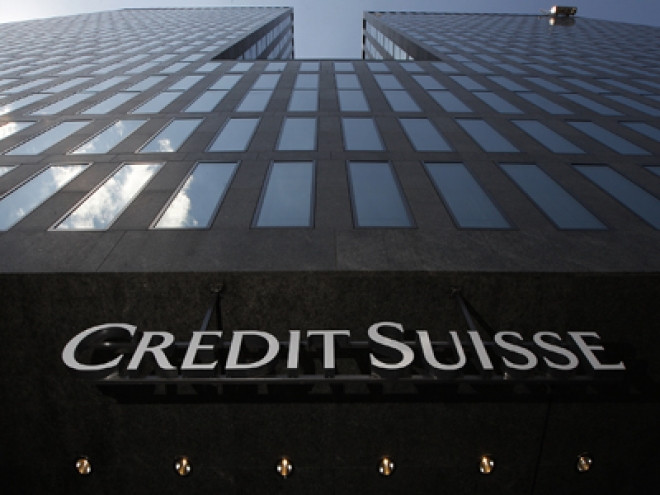Credit Suisse Helped 22,000 Clients Evade Taxes with Secret Elevator Meetings

A US Senate panel, co-led by with Republican Arizona Senator John McCain, has claimed that Credit Suisse helped 22,000 clients to evade US tax payments by holding clandestine meetings in elevators, as well as shredding thousands of documents.
According to the other co-lead of the panel, US Democrat Michigan Senator Carl Levin, a special six-year US government investigation has unearthed a range of "cloak and dagger tactics" that Credit Suisse used to help customers illegally pay less tax.
However, Credit Suisse's chief executive officer Brady Dougan released his prepared remarks in a statement, when he fights back at claims on 26 February.
"Swiss-based private bankers went to great lengths to disguise their bad conduct from Credit Suisse executive management, which constantly pushed the bank to enhance its compliance policies," said Dougan.
"In hindsight, it is apparent that some Swiss-based private bankers with US clients skirted the bank's controls, and concealed their violations of policy from Credit Suisse executive management.
"While Credit Suisse deeply regrets and takes responsibility for those violations, those actions should not overshadow the bank's ongoing commitment and consistent dedication to compliance with US law."
Senator Levin is a veteran congressional investigator and he and his staff spent six years probing the bank.
In tandem with the government grilling, Levin is unveiling his findings over how the bank helped thousands of clients dodge taxes by hiding their money in secret Swiss bank accounts.
Earlier this month, Credit Suisse admitted wrong doing and agreed to stump up nearly $200m (£120m, €146m) to the US Securities and Exchange Commission for providing cross-border brokerage and investment advisory services to US clients without first registering with the regulator.
Last month, reports circulated that Credit Suisse may reach a settlement with US authorities worth more than $800m by the middle of 2014 over its part in helping American taxpayers evade the Internal Revenue Service by hiding their cash in Switzerland's banking system.
According to reports, talks are in their early stages but the deal looks set to trump a $780m settlement between Swiss bank UBS and US authorities over the same tax evasion issue.
It would be the biggest fine so far.
What is the Difference Between Tax Avoidance and Tax Evasion?
Tax avoidance is the legal way of reducing one's tax bill by using a number of accounting methods to achieve this. Tax avoidance methods usually involve complicated ways in changing one's business structure through incorporation, establishing an offshore company in a tax haven, or even deducting tax for materials or equipment use. The company also fully discloses this information to the tax authorities.
Tax evasion is an illegal way of reducing one's tax bill. This involves deliberately misrepresenting or concealing the true state of their affairs to the tax authorities to reduce their tax liability, and includes, in particular, dishonest tax reporting.
© Copyright IBTimes 2025. All rights reserved.






















